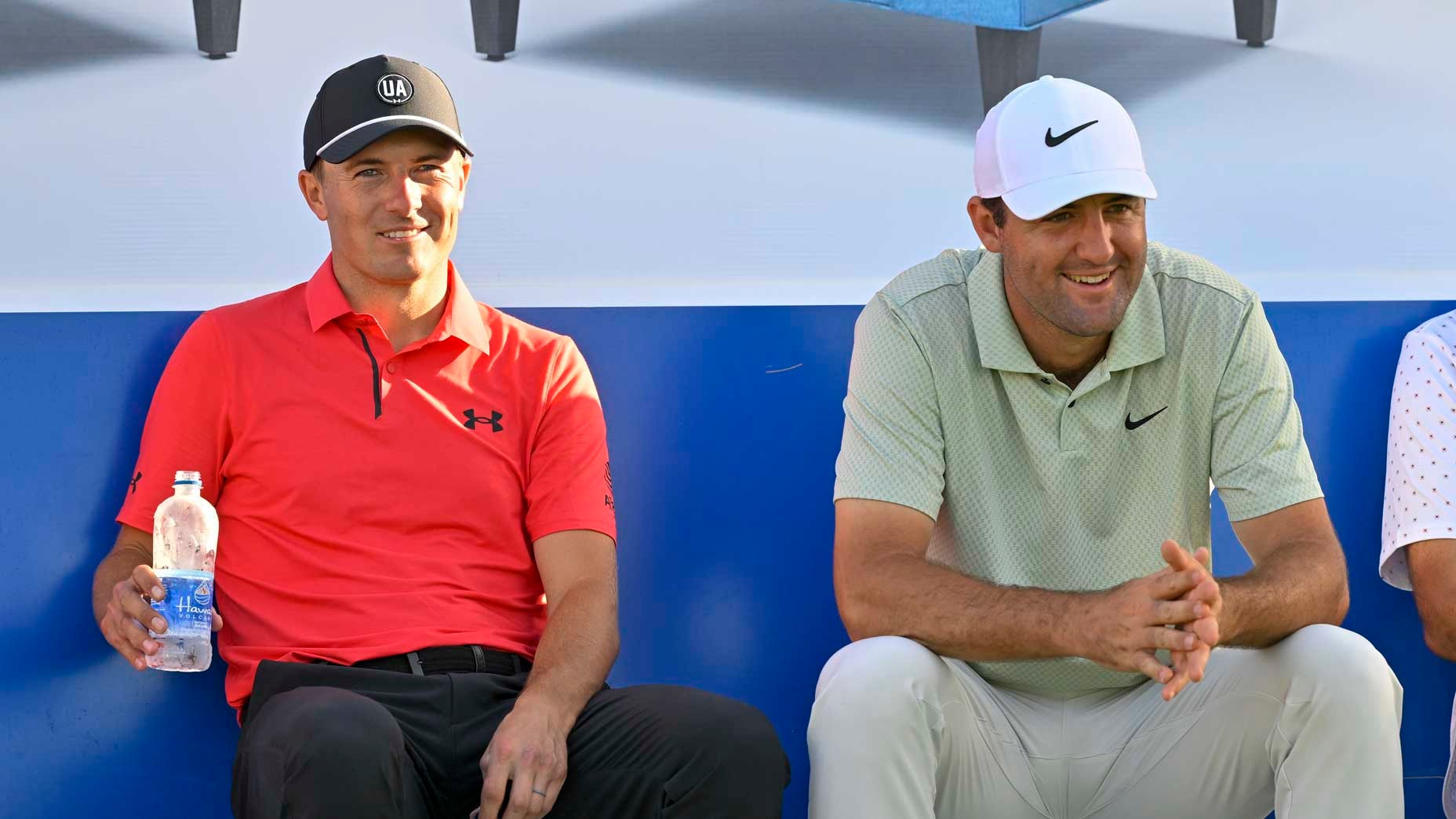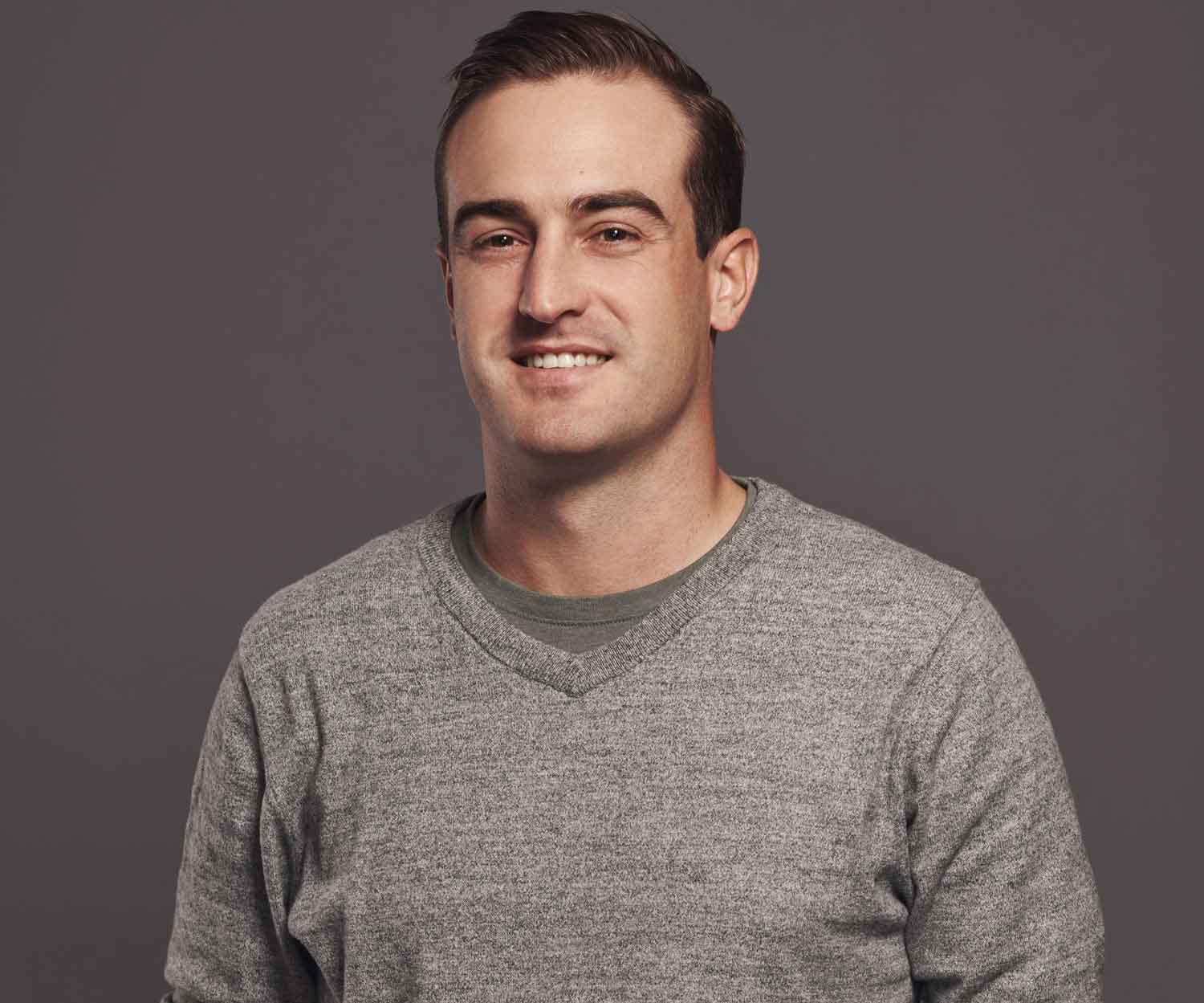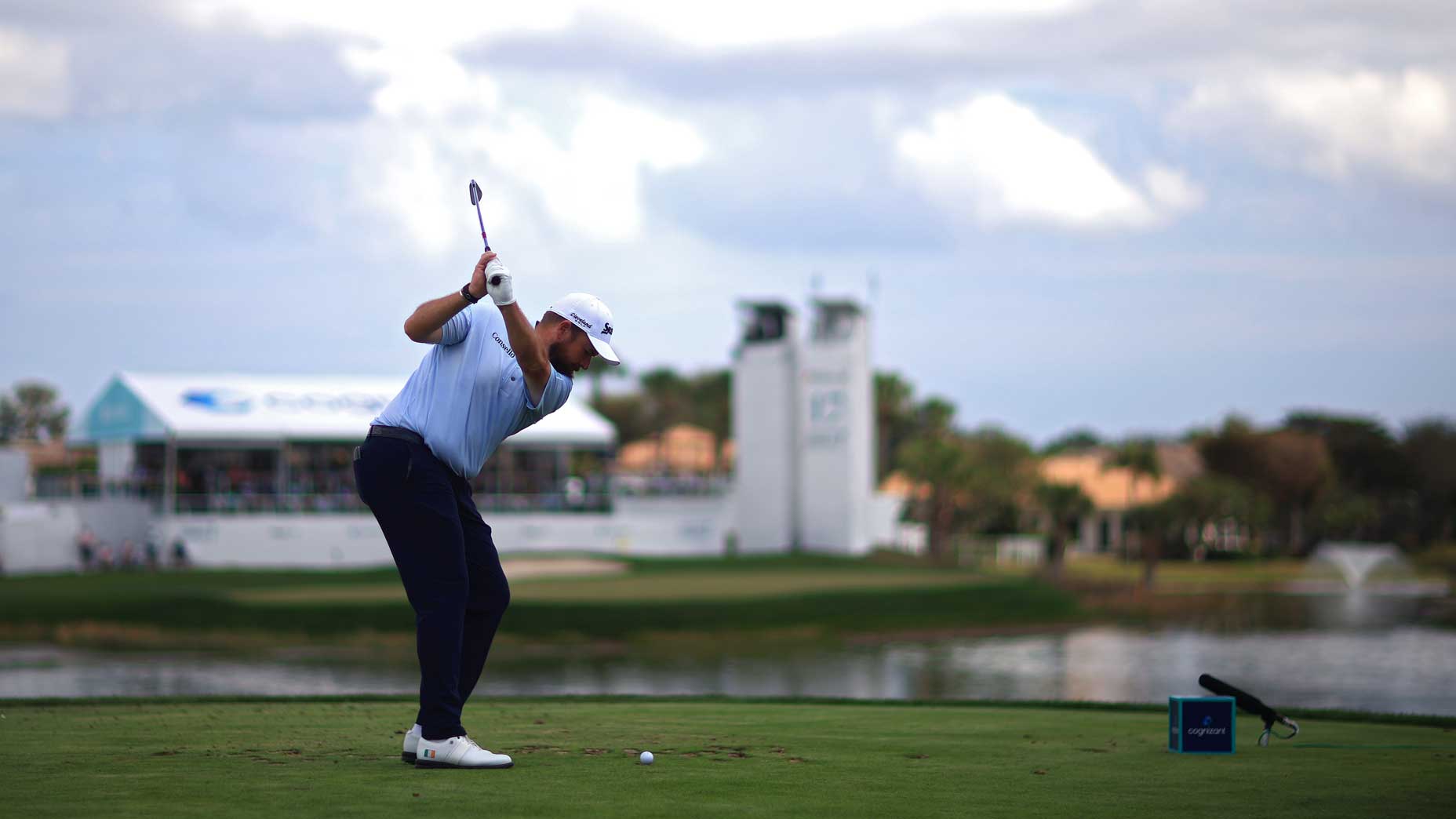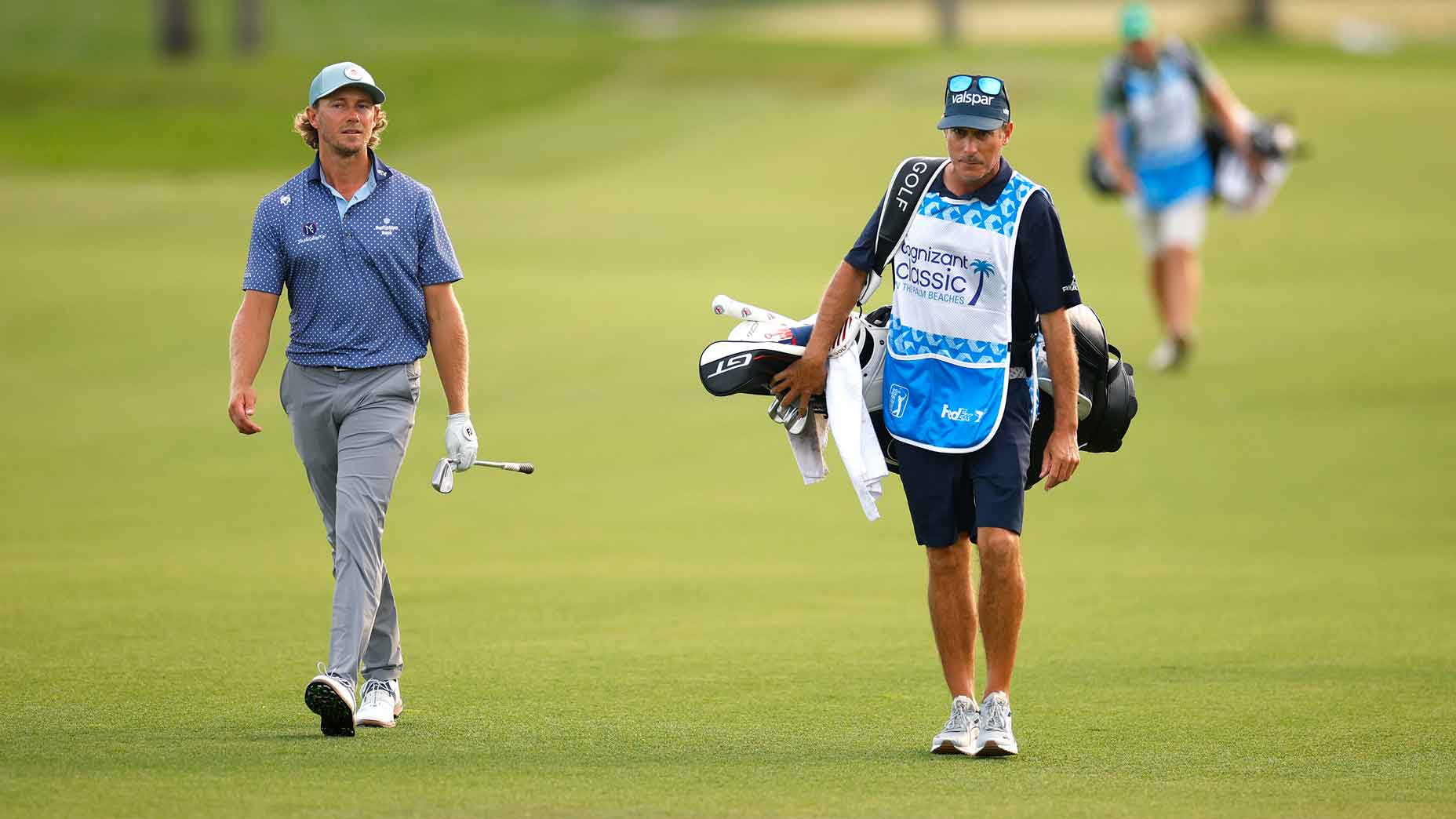One week after announcing a landmark investment for $1.5 billion (or more), PGA Tour commissioner Jay Monahan has updated the Tour membership on just how much equity value will be issued, and how many players will receive it.
It was one of the most pressing questions following the announcement — $930 million is great, but who is going to get it? On a players-only call last week, Monahan made clear that the number would be “near 200,” but Wednesday’s memo, which was obtained by GOLF.com, revealed more specifics: 193 players to be exact.
The lion’s share of the initial grants in PGA Tour Enterprises (a new for-profit entity) — $750 million worth, or more than 80 percent — will be going to a group of 36 players. You can comfortably assume that Tiger Woods, Rory McIlroy and players of similar fame and accomplishments will be part of what the memo called “Group 1.” These recipients are earning grants based on their career performance, their past five years of performance and results in the annual Player Impact Program, a system that measures positive impact on the PGA Tour.
After Group 1 comes a much larger Group 2, which will pull from a much smaller pool of monetary value in grants. Group 2 consists of 64 players, whose grants will amount to an aggregate of $75 million, and will be based on performance on the PGA Tour over the last three years. Group 3 follows with a total of 57 players earning grants that will vest to an aggregate total of $30 million, based on their fully-exempt status as Tour members.
Finally, Group 4 will encompass 36 players “who were instrumental to building the modern PGA Tour, based on career performance.” It remains to be seen which former players would qualify via Group 4, but this author is ready to suggest a lifetime member like Davis Love III would make sense. Could those Group 4 grants extend all the way back to Jack Nicklaus, or even the estate of Arnold Palmer? Nicklaus did meet the SSG investment reps last week and joined the players-only call led by Monahan. Nicklaus intended to share some thoughts with the membership on the call, but there was an apparent technical issue that kept him from doing so.

Importantly, eligible members only qualify for one grant, meaning McIlroy, though he would fit into all four groups, will receive a grant only from Group 1. For players to see their grants vest, they will need to play the minimum 15 events on the PGA Tour annually, and/or “serve requirements commensurate with the value of the grant.”
What is most clear is that the implementation of this program will receive plenty of scrutiny, not just in a legal sense, but also from the membership receiving these grants. Most players will have a rough idea of where they stand, but Player No. 37 would appear to be on the outside looking in at Group 1, where a much greater amount of value would be on offer.
The PGA Tour hosted a players meeting Tuesday night in a hotel near this week’s WM Phoenix Open, where this information was first shared. Over the course of the next six weeks, players will be informed about eligibility, taxation, benefits and other details. Then, during the week after the Players Championship, they will find out exactly where they stand within the ranking of Groups.
Keen accountants will see that $930 million does not match the $1.5 billion that the Tour has promised will be issued in total equity grants. The missing $600 million from that equation will fall into recurring grants issued starting in 2025 and continuing (at the very least) through the 2030 season. That means $100 million will be doled out in grants each year and will be rewarded, the memo said, “based on last 3-year performance, last year performance, and Player Impact Program results.” In other words, beginning in 2025, a top-performing player like, say, Xander Schauffele, could expect to receive additional grants to the initial one received in March.










